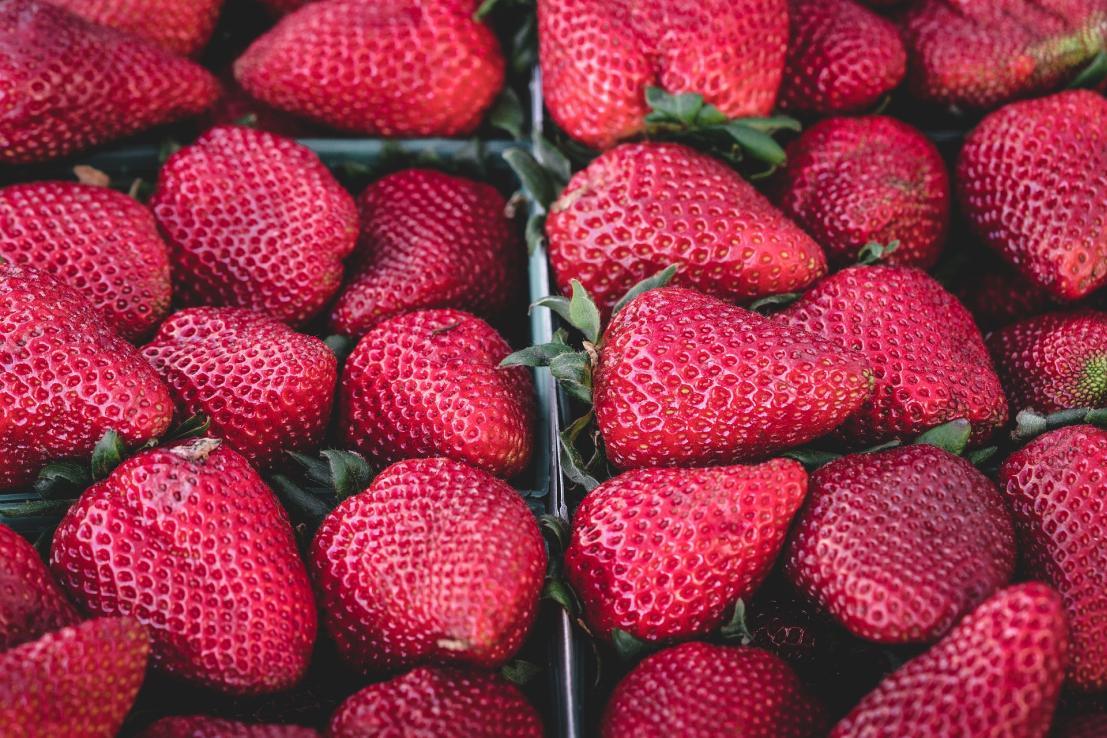Tips For Mindful Eating: A Beginners Guide to Weight Loss with Mindful Eating
A Beginners Guide to Weight Loss with Mindful Eating
In this day and age of diet overload, Mindfulness and mindful eating have become popular. Mindful eating has pushed it’s way to the front of the queue with assisting people in building a new relationship with food. Through mindfulness, individuals can experience more enjoyment from their meals and to feel satisfied on smaller amounts.
My Life as a Mindless Eater
You may recall in my first article, I was talking about the fact that I was a mindless eater.
I would find myself sitting in front of the television, shoveling food in, completely unaware of the fact that I was full. My mind and my stomach had stopped communicating with each other. As a result, I had become completely unaware of the signals telling me to stop eating. My focus wasn’t on the food in front of me, but more likely on my tv. I became completely oblivious to how much I was eating, how many calories I was taking in or, to be honest, even what the food tasted like.
Do You ‘Love Food’
I often argue with people when they tell me that they ‘love food’. I ask how they can truly love it when the way they’re eating is preventing them from experiencing the food fully? How can they love it when they cram it in, and don’t take the time to experience all the different flavours and textures that each mouthful has to offer?
That’s why mindful eating is such a breakthrough for so many people. Once they’ve been able to master, they begin to appreciate so many things.
The Benefits of Mindful Eating
Once people have discovered mindful eating and incorporate it into their life, they can begin to appreciate many things.
They can appreciate:
- The way their food tastes, finding that they enjoy experimenting with new food and begin to go off some of the unhealthy options that they’ve claimed was their ‘favourite’ previously
- They begin to enjoy proper portion sizes because they genuinely feel uncomfortable when they feel full.
- They begin to eat when they’re actually hungry and not when they’re emotionally needing a release.
- They begin to feel a whole new relationship with food that had previously been oblivious to them before.
Once you’re incorporated mindful eating into your life, you’ll begin to recognise just how faulty your relationship with food was previously.
Tips for Mindful Eating
If you’re new to mindful eating, here are a few tips and suggestions to help you to get on your way.
1. Make Meal Time All About The Meal
I’m sure you know what I mean here. Hands up how many of you put on the television, plonk yourself on the couch and eat your meal while watching the news or your favourite program? No wonder your mind isn’t on your meal. Instead, for the next little while, make meal time all about sitting down at the table, television off and giving your full focus to your meal.
Allow yourself time to enjoy the meal. Slow down your eating and put your knife and fork down between mouthfuls. Consider the flavours and smells and textures of the food you’re eating and approach it with a sense of curiosity, like you’ve never experienced those taste sensations before.
2. Portion Control
Place your meal on a smaller plate. Research has shown that when you eat from a smaller plate, you deceive yourself into thinking you’re eating the same amount of food (1). When you slow down your pace and you have the right portion size, you will be surprised at how full you feel and how quickly you start to recognise that signal that the stomach gives you when it is satisfied.
While we’re on that, don’t continue to work from the belief that the plate has to be clean. I used to have that and it didn’t serve me well. I have since found that I can put the food away and come back to it at another time or, if necessary, throw out the remainder. No one wants to waste food but then no one wants to be a human garbage can either.
3. Be Mindful Before Your Meal
People will often confuse hunger with a range of other emotions. I used to confuse it with frustration and boredom. To be honest, occasionally I still do. The difference this time is that I can be mindful prior to my meals and consider if I am actually hungry or if I am experiencing a desire to emotionally eat. This places me in a better position to determine what action I wish to take, what values I have and how this is going to help guide me towards behaviours that represent being the kind of person I want to be.
Learn To Mindfully Eat Now
Release Hypnosis offers a four-week Introduction to Mindful Eating program. You get four 1-on-1 workshop style sessions which will help you to learn what mindfulness and mindful eating is, exercises that you can incorporate into your day-to-day, an exploration of emotional eating along with strategies and techniques to help keep you on track. You also get a workbook and hypnosis audios that you can listen to between sessions to help reinforce your new-found mindfulness skills.
References for ‘Tips for Mindful Eating’:
(1) https://en.wikipedia.org/wiki/Smaller_Plate_Study
Download your FREE Mini-Mindfulness Meditation by simply clicking here.
Book Your FREE Half Hour Consultation With Release Hypnosis NOW!
You may also like to read:
The Benefits of Mindfulness





